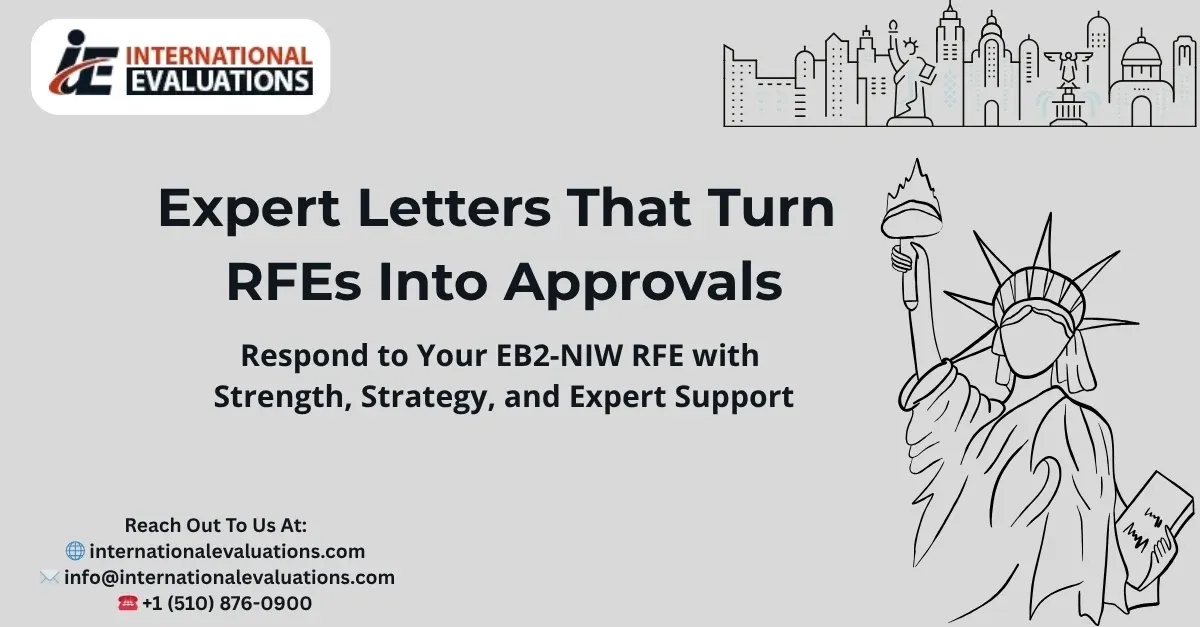Introduction
international Credential Evaluation for Students & ProfessionalsIn today's competitive job market, the shift from class discovering to real-world application is more essential than ever. Trainees and experts alike are seeking methods to equate their work experiences into academic credits. This post explores the complex procedure of examining work experience for education credit, underlining its significance in individual and expert advancement.
As we delve into this subject, we will discuss various aspects of scholastic credential evaluation, international credential assessment services, course-by-course credential assessment, and how they connect to work experience evaluation. In addition, we'll explore skilled opinion letters and service plan examinations as part of this multifaceted journey.
From Class to Career: Examining Work Experience for Education Credit
The bridge in between class education and profession success often includes recognizing the value of useful experience. Numerous students collect significant work experience during internships or part-time tasks that may not be officially recognized by educational institutions. However how can one guarantee that these experiences count towards their scholastic credentials?
Why Evaluate Work Experience?
Evaluating work experience is essential for numerous factors:

Types of Credential Evaluation
Understanding the different kinds of credential examinations available can help people navigate this procedure effectively.
Academic Credential Evaluation
Academic credential examination examines foreign academic credentials against established requirements in another country. This process is vital for global trainees or workers aiming to show their educational background.
International Credential Examination Services
These services focus on analyzing foreign credentials and determining their equivalency in the host nation's educational system. They provide reports that lay out the level and kind of education got abroad.
Course-by-Course Credential Evaluation
This detailed analysis breaks down each course taken during a degree program, using insights into grades earned and credit hours finished. It's particularly helpful for trainees aiming to transfer credits between institutions.
Work Experience Evaluation
Work experience evaluation functions as an approach to officially assess non-academic skills acquired through work or volunteer activities. Here's how it works:
Documentation: Individuals need to collect documentation such as task descriptions, efficiency evaluations, and any pertinent certifications. Comparative Analysis: The critic compares this information versus established academic competencies. Outcome: The result might lead to academic credits awarded based upon demonstrated knowledge and skills.The Function of Expert Opinion Letters
A professional opinion letter can strengthen your case when looking for credit for work experience. These letters generally originate from industry experts who can attest to your skills and contributions in a specific field.
What Must an Expert Viewpoint Letter Include?
- An introduction of your role in the organization Specific skills you developed How your experiences relate to scholastic outcomes
Having an expert back your capabilities not only provides trustworthiness however likewise boosts your general portfolio when making an application for advanced studies or positions.
Business Strategy Assessment as a Knowing Tool
Creating a business strategy can be an exceptional way to display your understanding of theoretical ideas applied in real-world circumstances. A comprehensive examination of an organization strategy might highlight proficiencies such as tactical thinking, financial preparation, and market analysis.
FAQs
1. What kinds of work experiences qualify for scholastic credit?
Typically, work experiences that directly relate to your discipline or demonstrate transferable skills are eligible for academic credit.
2. How do I find worldwide credential evaluation services?
You can search online directories or consult with universities that often have partnerships with reliable credential evaluators.
3. Is there a cost associated with acquiring an expert viewpoint letter?
Yes, many experts charge for their time spent composing these letters; nevertheless, some might provide them pro bono depending upon the situation.
4. Can I get credit for unpaid internships?
Absolutely! Unpaid internships typically provide invaluable experience and can be evaluated similarly to paid positions.
5. The length of time does the credential evaluation procedure take?
The timeline differs based upon the service utilized however generally varies from a couple of weeks to numerous months.
6. Are there specific files needed for course-by-course evaluations?
Yes, you will require records from all post-secondary institutions went to, together with detailed course descriptions when possible.
Conclusion
Transitioning from class knowledge to career readiness requires acknowledging the value of practical work experiences in education credit examinations. As we have checked out in "From Classroom to Career: Evaluating Work Experience for Education Credit," both students and professionals stand to get significantly by leveraging their real-world experiences towards their academic goals.

By using various forms of evaluations-- be it through scholastic credential assessments or skilled viewpoint letters-- individuals can enhance their credentials while promoting long-lasting knowing concepts that adhere closely to today's vibrant https://edgarjbnl843.timeforchangecounselling.com/course-by-course-evaluations-vs-general-equivalency-selecting-the-right-path workforce demands.
In summary, welcoming both theoretical understanding from class together with experiential knowing acquired through professional engagements produces well-rounded prospects all set to tackle the obstacles ahead in their careers.